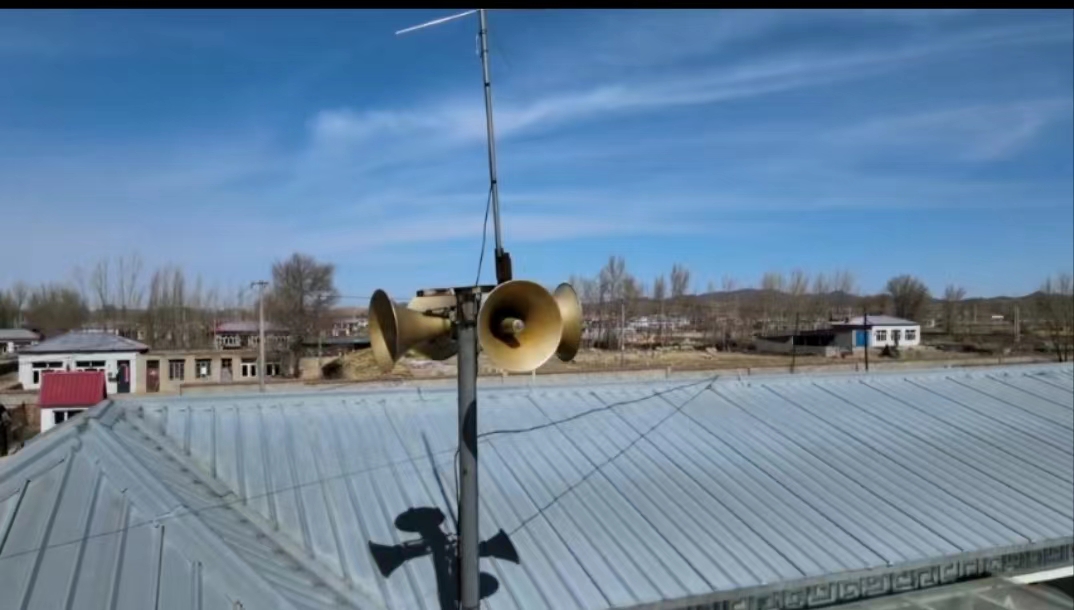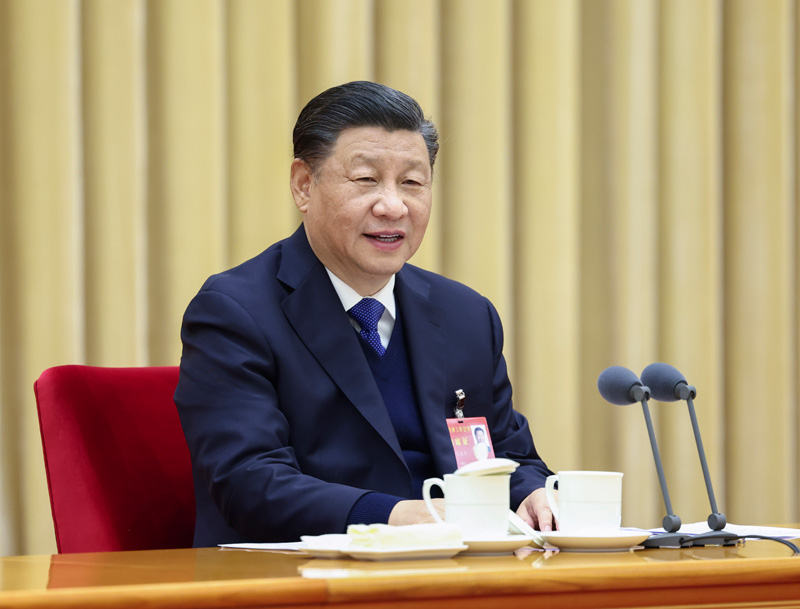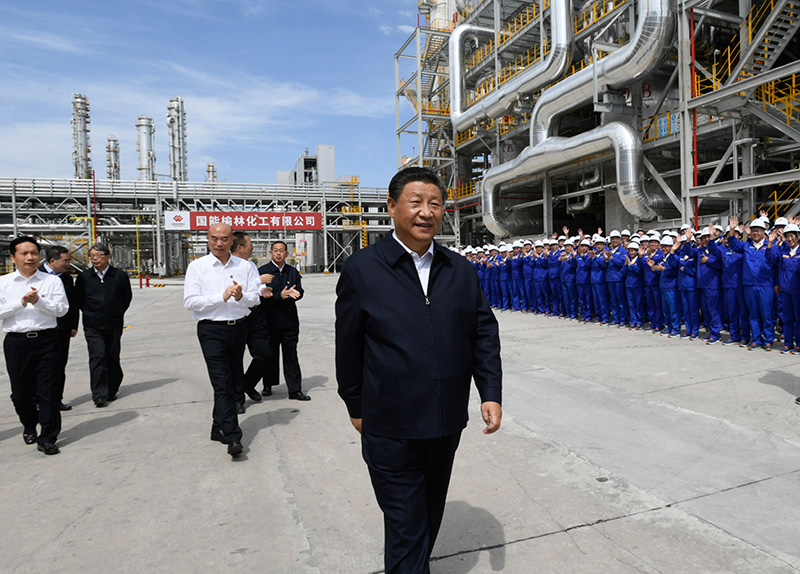Notice on the implementation of electronic certificate of safety production license
J.J.F. [2019] No.161
District Housing and Urban-Rural Construction Committees, Dongcheng and Xicheng District Housing and Urban-Rural Construction Committees, Construction Bureau of Economic and Technological Development Zone, construction enterprises and relevant units:
In order to implement the decision-making arrangements of the Beijing Municipal Party Committee and Municipal Government to optimize the business environment, effectively promote the "streamline administration, delegate power, strengthen regulation and improve services" reform of the construction industry, and improve the efficiency of administrative examination and approval, the Municipal Housing and Urban-Rural Development Committee aims at "more data running, less people running errands", uses the "Internet+government service" working mode, and applies technical tools such as electronic signature and QR code. Since April 15, 2019, construction enterprises registered in the administrative area of this Municipality have gradually implemented electronic safety production licenses.
First, the scope of application of electronic certificates
Safety production license certificate registered in the administrative area of this municipality with the permission of Beijing Municipal Commission of Housing and Urban-Rural Development.
Second, the electronic certificate style
The electronic certificate is in PDF format with the electronic signature of the special seal for administrative examination and approval of Beijing Municipal Commission of Housing and Urban-Rural Development as the carrier, and the certificate specification is A4 (vertical version, see annex for specific style).
There is no original or duplicate of an electronic certificate, and the information carried by the certificate includes certificate number, enterprise name, unified social credit code, principal responsible person, unit address, economic type, license scope, validity period of safety production license, certificate status, verification QR code, electronic signature of issuing institution, and remarks.
Third, the acquisition and use of electronic certificates
(A) the way to obtain electronic certificates
Construction enterprises in this Municipality can download and print the electronic certificate of safety production license by themselves through the "Safety Production License Approval" system of the Municipal Housing and Urban-Rural Construction Committee. (Website: http://zjw.beijing.gov.cn/)
(B) the use of electronic certificates
Construction enterprises should hold their own printed safety production licenses and affix their official seals when handling projects bidding, construction permit procedures or project safety supervision and filing. The project construction unit or the relevant competent business department can verify the self-printed safety production license information by querying the official website of the Municipal Housing and Urban-Rural Development Committee or scanning the QR code at the lower left of the certificate, and it will be valid only when the safety production license information is completely consistent with the online publicity information and the certificate status is "valid".
(3) Verification methods of electronic certificates
1. Verification of official website: Units or individuals who use safety production licenses can check and verify through the "Inquiry Center" column on the official website of Beijing Municipal Commission of Housing and Urban-Rural Development. (Website:
http://zjw.beijing.gov.cn/bjjs/bszn/cxzx)
2. QR code verification: scan the QR code at the lower left of the safety production license to view the detailed information and status of the safety production license.
(D) Dynamic management of electronic certificates
1. Construction enterprises will not be able to download and print safety production licenses by applying for "electronic certificate printing of safety production licenses" in the following circumstances:
(1) The enterprise’s safety production license is cancelled or revoked;
(2) The enterprise is temporarily detained by the Municipal Housing and Urban-Rural Development Committee due to illegal acts, and the safety production license is temporarily detained.
During the temporary suspension of the enterprise’s safety production license, the status of the safety production license verified by the two-dimensional code of the safety production license or publicized online is "temporary suspension", and the safety production license cannot be used normally.
2. When the company name, principal responsible person, unit address, economic type and other information changes, the construction enterprise shall handle the business of changing the safety production license in time to ensure that the online publicity information is updated in time.
3. The safety production license information shall be subject to the online publicity information of the Municipal Housing and Urban-Rural Development Committee. If the self-printed safety production license is inconsistent with the online publicity information, it shall be regarded as forged. Construction enterprises should properly keep the electronic certificate of safety production license of their own units to prevent other units and individuals from fraudulently using or tampering with it.
Fourth, the transition period
1. Since April 15, 2019, the city has started to implement the electronic certificate of safety production license, and the Municipal Housing and Urban-Rural Development Committee will no longer issue paper-based safety production licenses.
2. The Municipal Housing and Urban-Rural Development Committee will no longer handle the three businesses of "replacement of the original and duplicate of the safety production license for construction enterprises", "construction enterprises increase the duplicate of the safety production license" and "construction enterprises lose the original and duplicate of the safety production license". Construction enterprises can obtain the electronic certificate of safety production license by applying for the business of "printing electronic certificate of safety production license".
3. Since April 15, 2019, the construction enterprises in this Municipality have handled the business related to safety production licenses (except for "re-approval"), and all the electronic certificates will be renewed after approval. During the validity period, the paper version of the safety production license will continue to be valid, and enterprises can voluntarily apply for the replacement of the electronic certificate. After the replacement, the original paper version of the certificate will be invalid.
I hereby inform you.
Beijing Municipal Commission of Housing and Urban-Rural Development
March 29, 2019
(Contact: Chen Nana, Yu Jian; Tel: 55597178, 55597177)










































